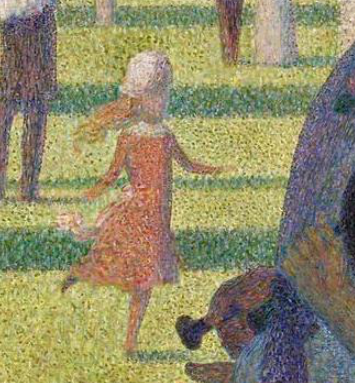Started (just a night or two ago) reading the 4th volume of his "complete works" (Grove Press). The book contains: Old Times, No Man's Land, Betrayal, Monologue, and Family Voices . *** Harold Pinter , CH , CBE (10 October 1930 – 24 December 2008) was a Nobel Prize -winning English playwright, screenwriter, director and actor. One of the most influential modern British dramatists, his writing career spanned more than 50 years. His best-known plays include The Birthday Party (1957), The Homecoming (1964), and Betrayal (1978), each of which he adapted to film. His screenplay adaptations of others' works include The Servant (1963), The Go-Between (1970), The French Lieutenant's Woman (1981), The Trial (1993), and Sleuth (2007). He also directed or acted in radio, stage, television, and film productions of his own and others' works. Pinter was born and raised in Hackney , east London, and educated at Hackney Downs School . He was a sprinter and a







.jpg)

